




Our Shopify bookkeeping services are top notch! All of our Shopify bookkeepers in-house have years of experience handling finances for eCommerce stores.

We're process people that like to keep things simple. We'll set your Shopify bookkeeping up so that they are powered by proven processes.

Work with a dedicated team of Shopify bookkeepers that provide fast communication and proactive insights into improving your financials.

We work hard to be proactive for you and your Shopify bookkeeping. We want to create a long term relationship where you know your books are in good hands.




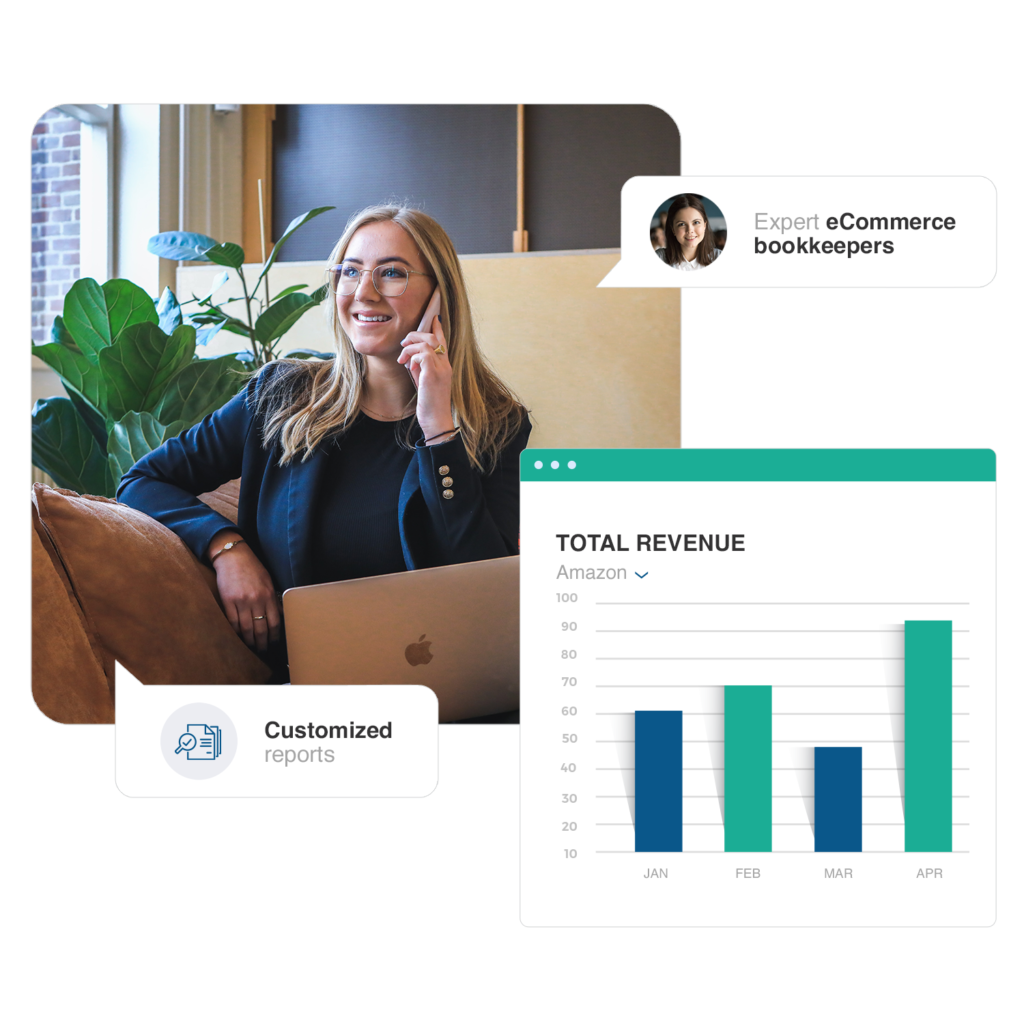

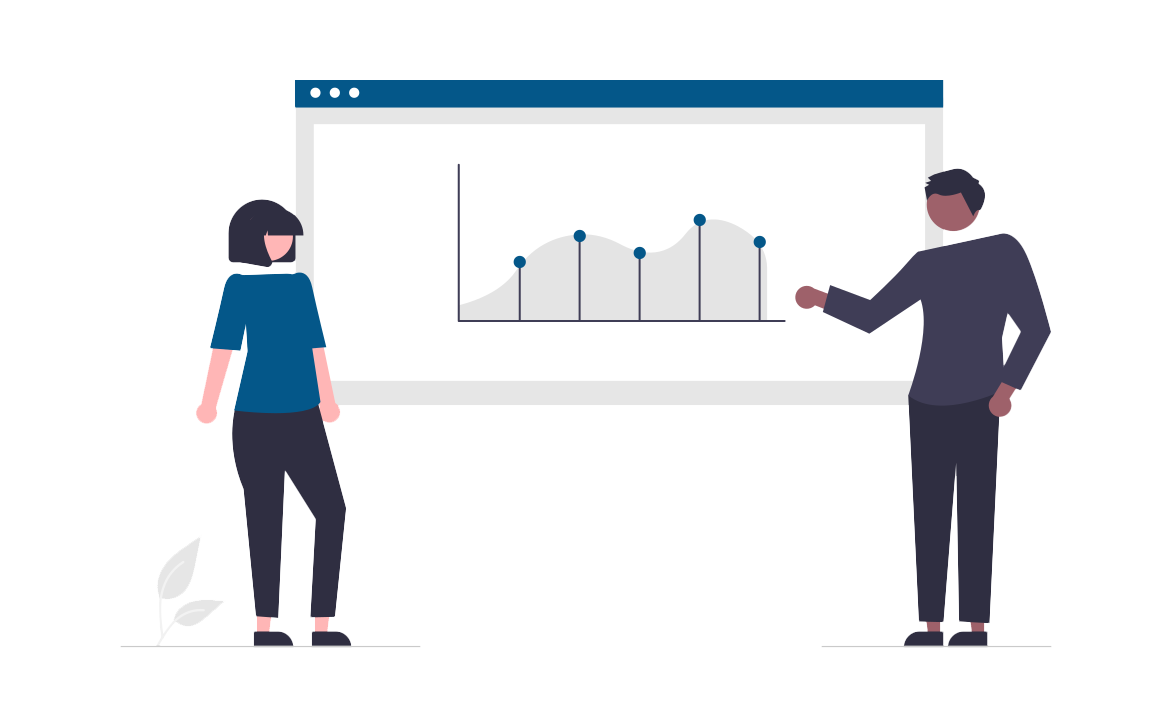
We provide you with a detailed Profit and Loss, Balance Sheet, and Cash Flow statement by the 14th of every month.

We prepare all of your monthly reports so that they are 100% tax compliant and ready for year end taxes.

Planning to sell? Or just want strategic financial advice? Work directly with our Shopify bookkeepers for monthly advice.
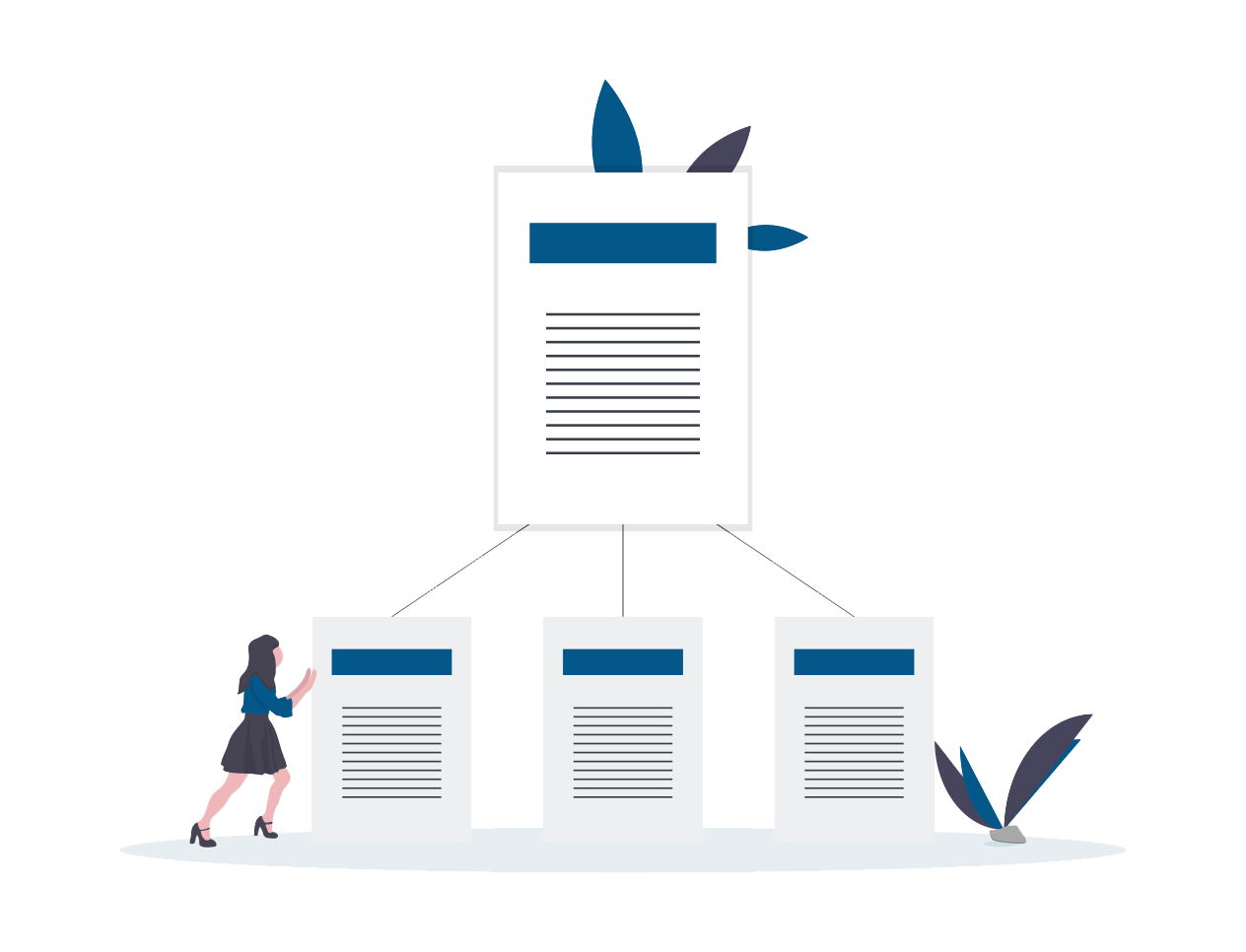
Behind on your Shopify bookkeeping? No worries! We'll get you caught up in no time for a reasonable price.

We keep your inventory records up to date multiple times throughout the year so you can see how much you have in inventory.
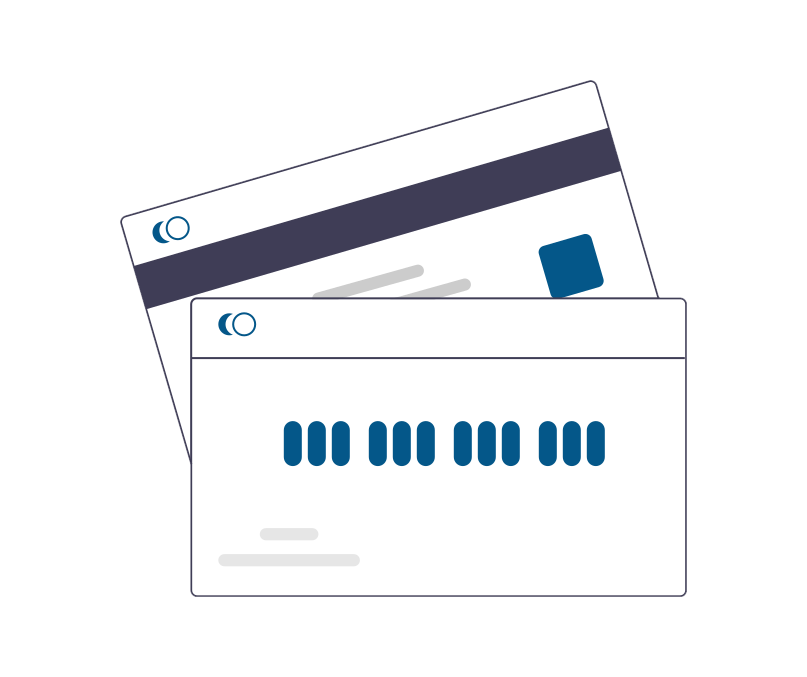
We understand selling on Shopify -- and how to properly classify their fees so you know your numbers accurately.
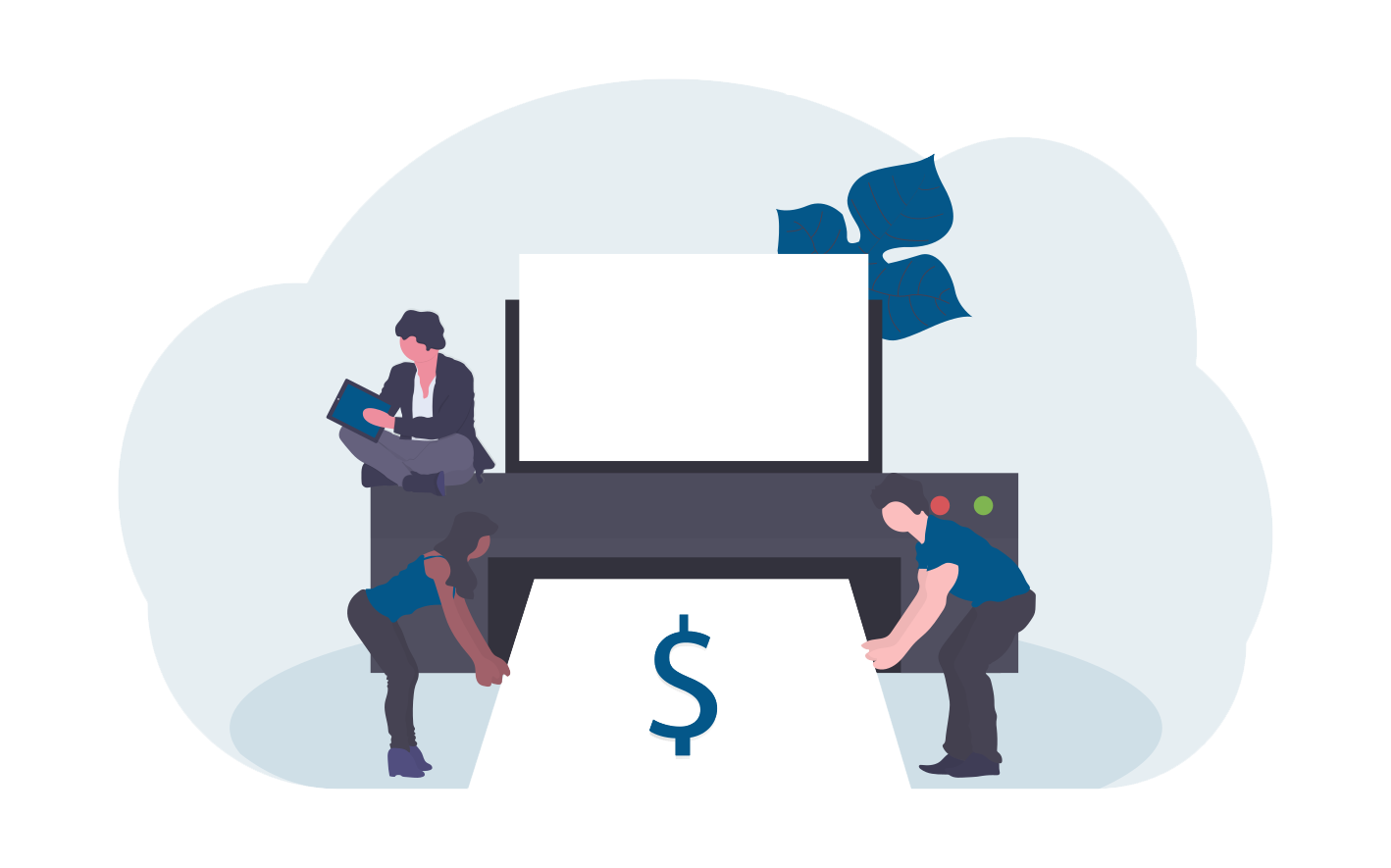
We work with you to understand the sales tax obligations you have selling in different states and countries through Shopify.

Have other Shopify bookkeeping service needs? Sign up and set up a call to chat with us about your unique needs.
First and foremost, we’re eCommerce bookkeeping experts. We cater to eCommerce businesses specifically selling on Amazon, Shopify, Ebay, Etsy, Walmart, etc. Second, we truly care about the success of our customers and we go above and beyond to develop strong relationships with all of our customers. No customer is just a number with us. From the start, we invest the time to get to know your eCommerce business so we can handle your books properly. Then we ensure you have a strong relationship with your eCommerce Bookkeeping team and can reach them at any time with questions and concerns. Finally, we look to be proactive finding opportunities for our customers to save on expenses, capitalize on market opportunities, and grow as smart as possible. We’re all about the customer experience and work tirelessly to make sure our customers are happy with us as their bookkeeping partner.
We take the time to get to know your Shopify business, balance the books, then provide you with monthly reports. On both plans, we provide you with a monthly Profit and Loss Statement, Balance Sheet, and Cash Flow Statement. We also offer eCommerce (Amazon, Shopify, Ebay, etc.) specific product sales reports, employee payroll reports, AP & AR management, paying invoices, running payroll, yearly tax filing, and much more. If there’s a service specific to Shopify that you need that’s not on this page, simply get started and speak with us about it.
For eCommerce businesses, sales and COGS are reported on an accrual basis. Link My Books (the tool we use to connect with eCommerce marketplaces and processors) imports all sales and COGS data under accrual basis accounting.
We don’t offer a service to accrue expenses and other accounts since that would cost significantly more time and money (and is unnecessary for most businesses).
If you are not an eCommerce business, our sister company AccountsBalance does bookkeeping on a cash basis.
We require the following for getting started:
During your first month, you won’t be charged and we’ll complete the bookkeeping of your previous completed month in business. We’ll show you why working with us is high level and you’ll be able to meet your dedicated eCommerce Bookkeeping team.


You’ll get our Ecommerce Bookkeeping Guide, The 10 Ecommerce Bookkeeping Mistakes Ebook, our Monthly Finance Meeting Agenda, & a few surprises!